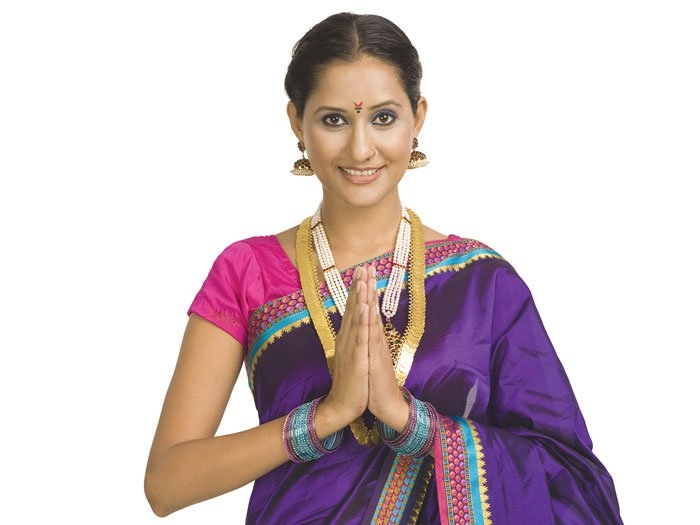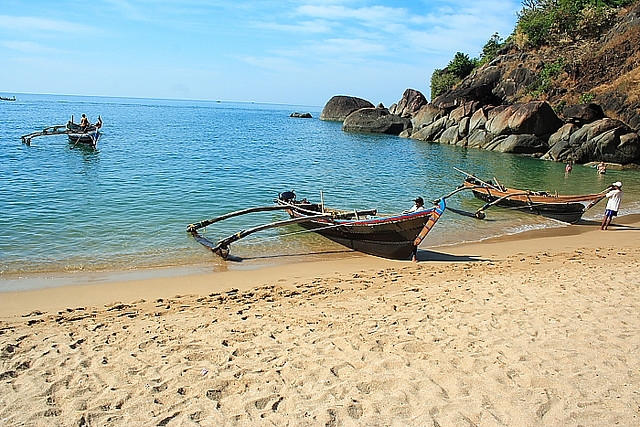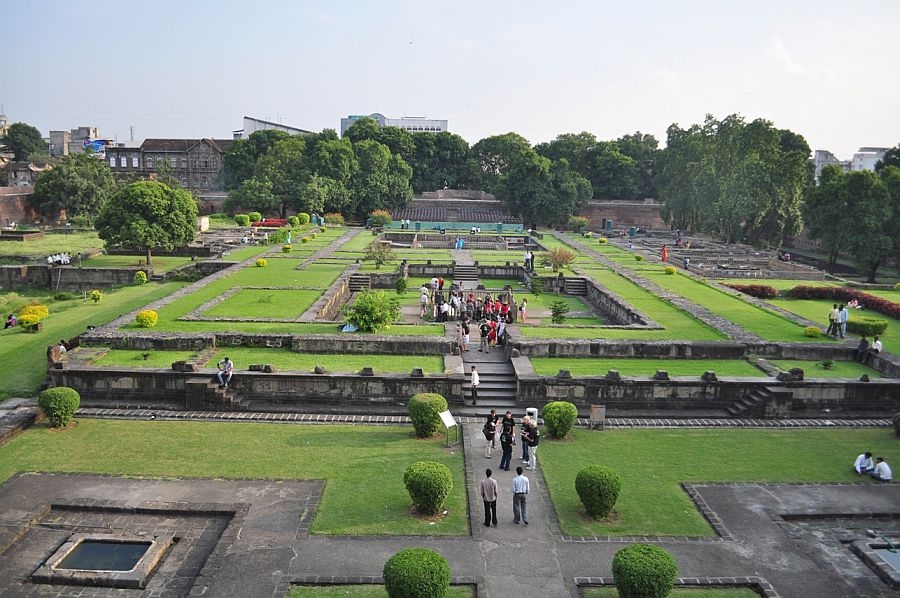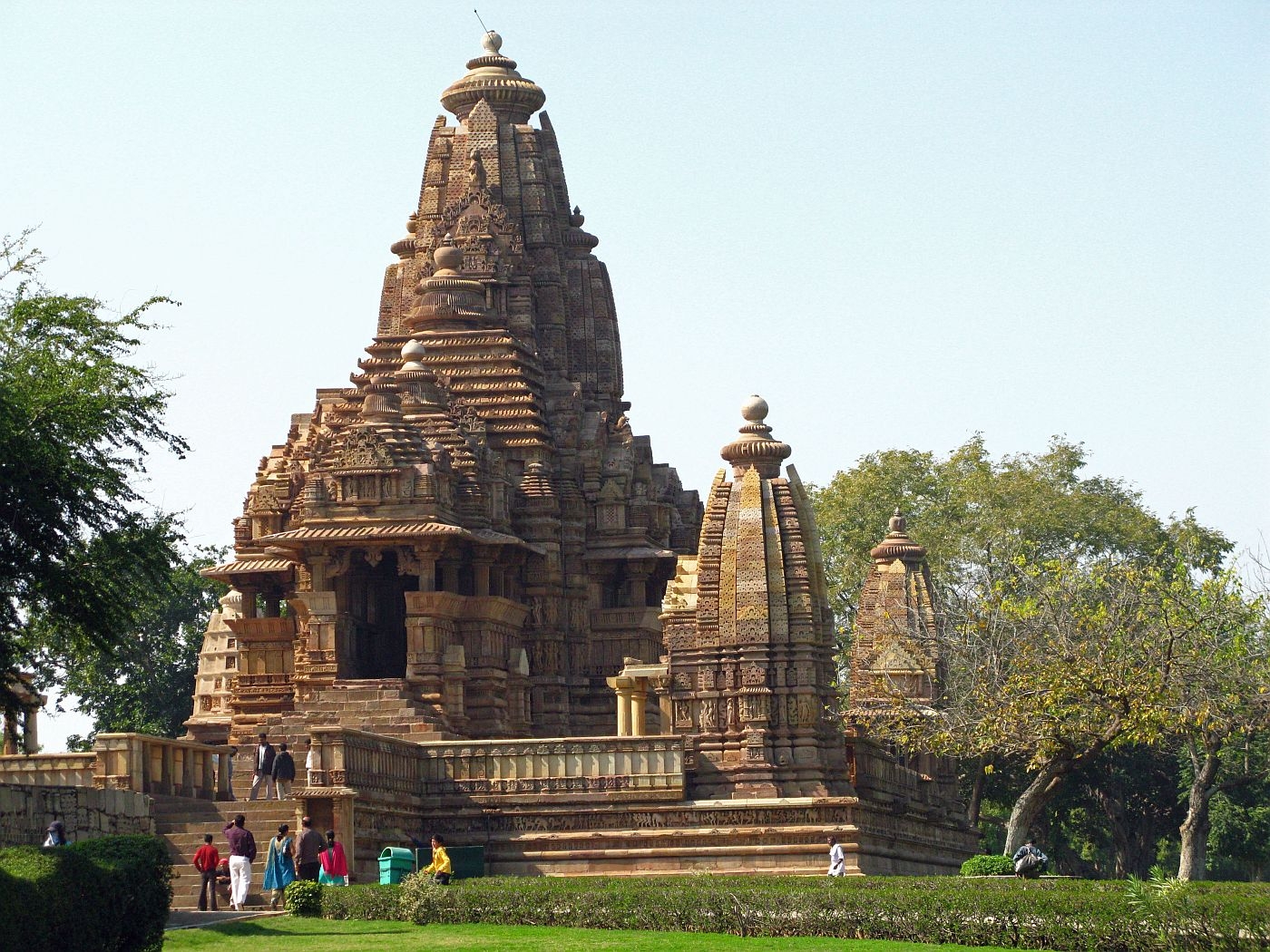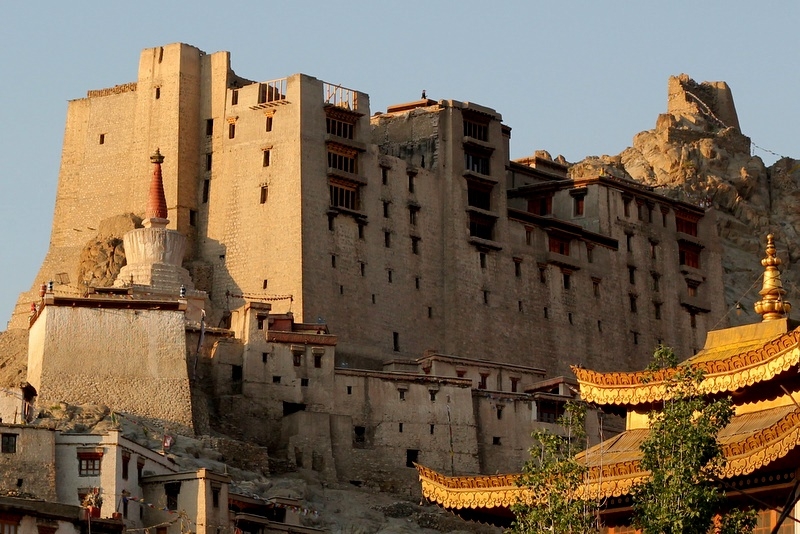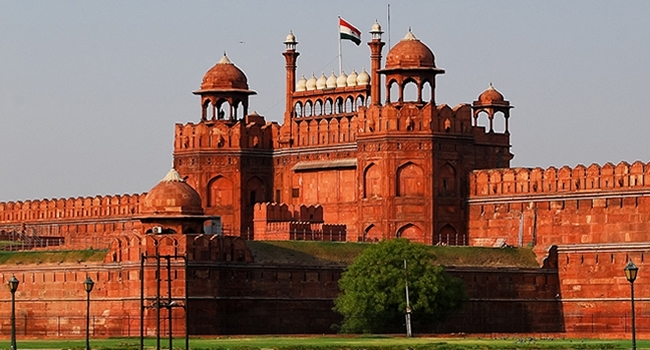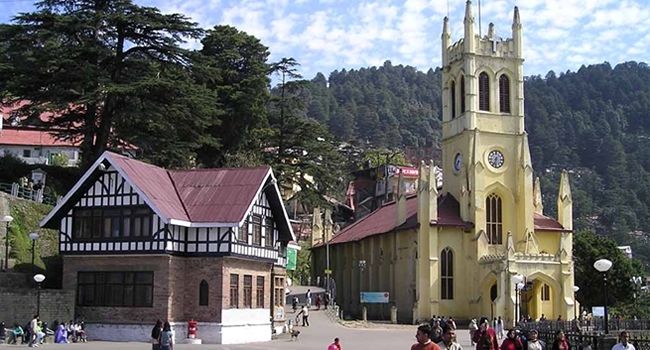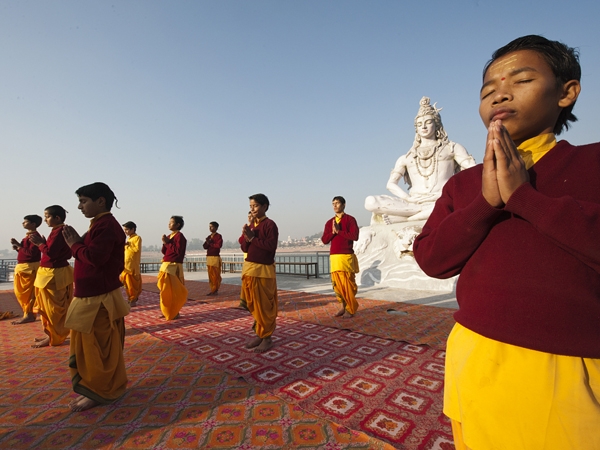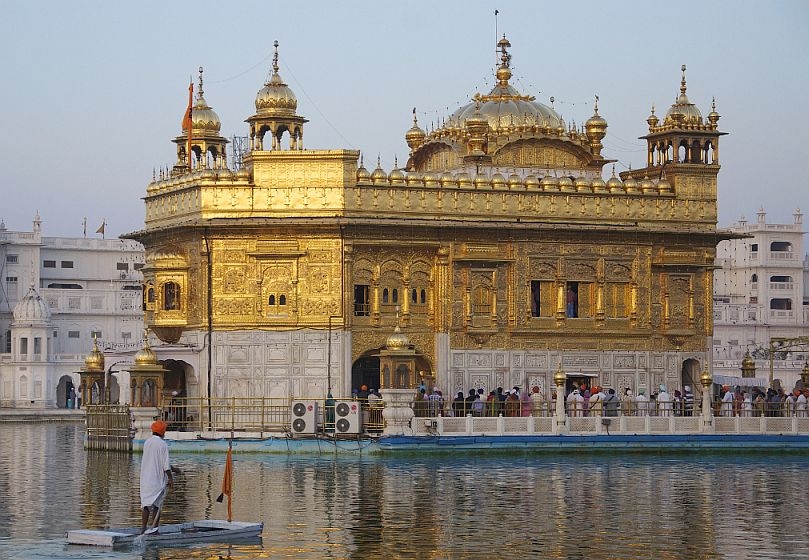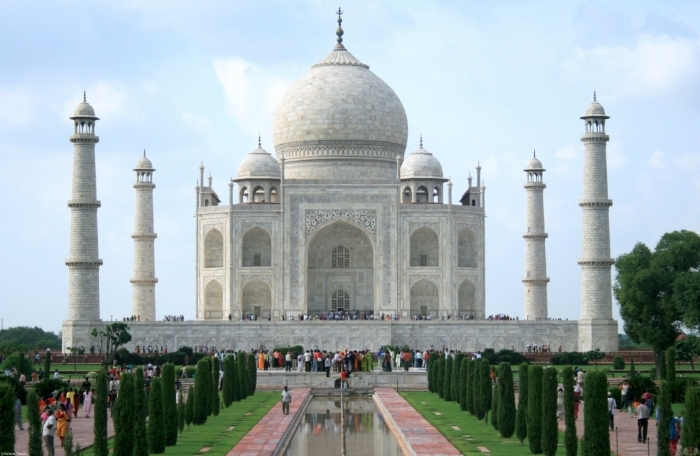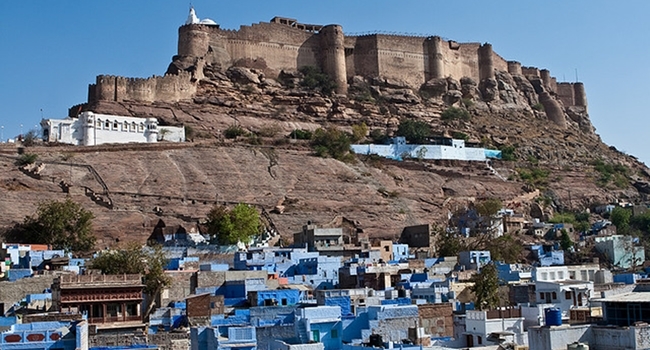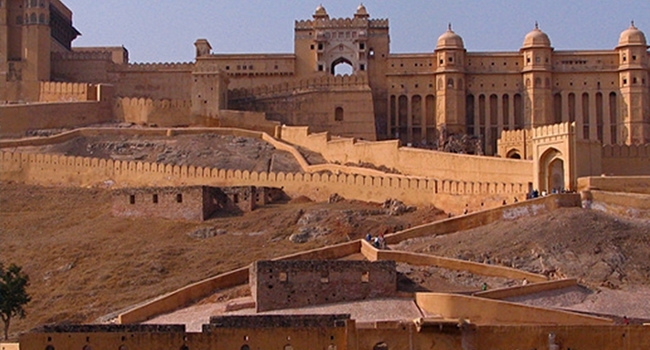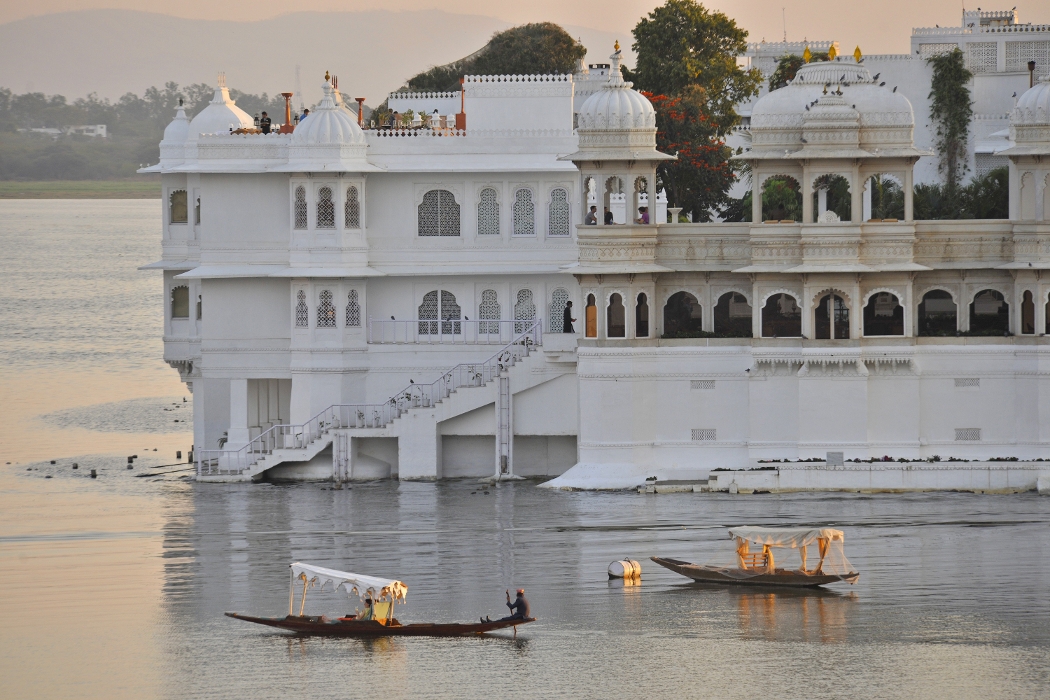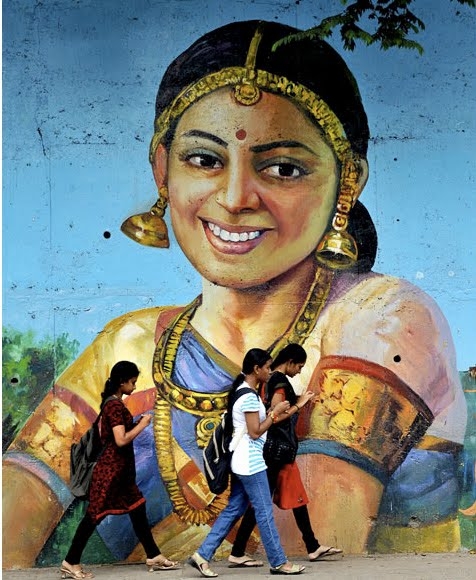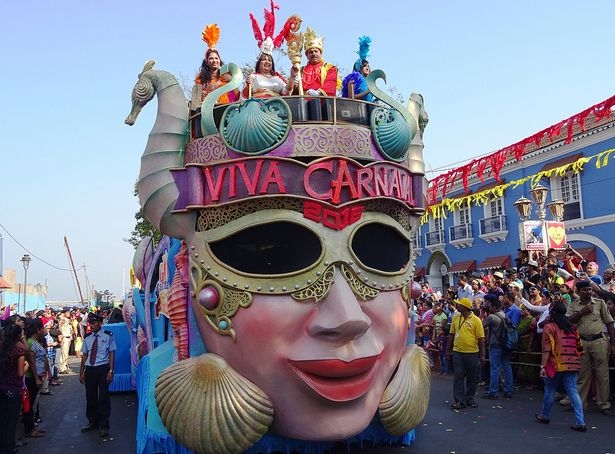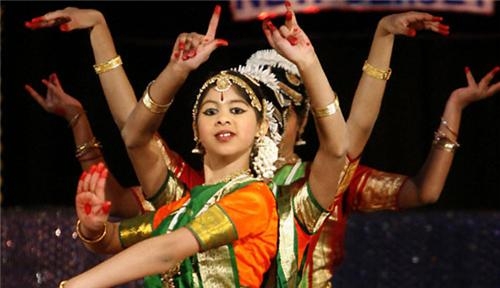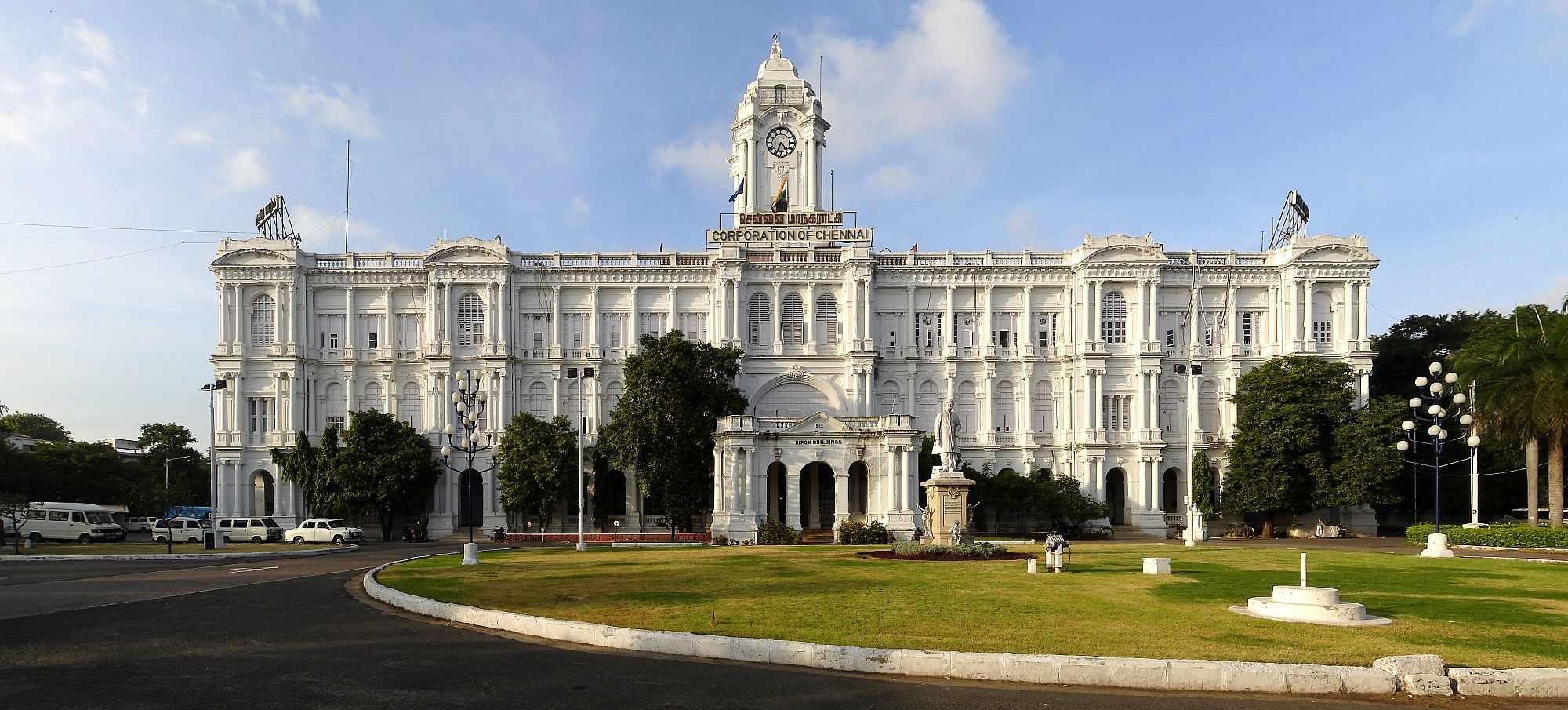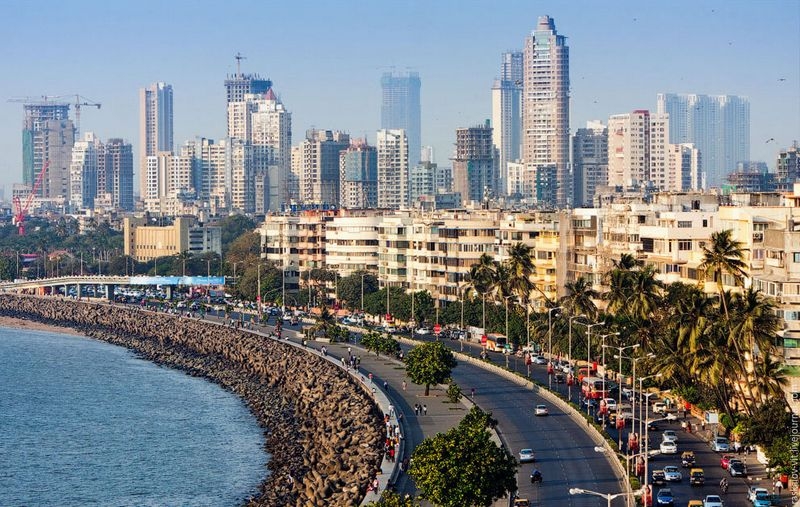
The culture and social system in India is very different from what anyone in the Western world might have experienced. So when traveling to this part of the world, you will need to keep a few social customs in mind at all times.
First of all, dress conservatively as that is how most Indians dress too. Short skirts, shorts, sleeveless shirts and blouses are not considered appropriate except while on a beach. Its advised that women wear baggy clothes and not emphasize their body‘s curves and contours. More severe restrictions apply in rural and semi-urban areas, there is a lot more liberalism in the metropolitan cities.
When entering temples, mosques or buildings of religious importance always check what dress attire is required. In most cases you will be required to cover your head, take off your shoes and be dressed conservatively.
There is quite a difference when you compare how Indians treat people on the street and at home. What westerners call "common courtesy" is somewhat missing from the Indian social setup and they treat most strangers with complete indifference. Shoving, cutting others off while driving, spitting, urinating in public is something you should be prepared for. There is nothing called "personal space" out on Indian streets. But at the same time, you will be treated with the greatest care and consideration at home.
Another, slightly complicated, custom here is to put up a friendly argument when anyone in your group, especially the host, offers to pay the bill. Most of these friendly arguments become extremely funny with sometimes both sides snatching the bill from each other. Remember, all this is in good fun.
While India, culturally does not have a strong tipping tradition in most of the tourist towns tips are expected and frowned upon when not offered at all. Visitors are not to be expected to tip taxi drivers. However, hotel, airport and train station porters should be tipped approximately INR 20/bag. If eating a small meal, breakfast or snack with bill amounts less than INR 300, then a 10% tip is expected/appreciated. If you have small bills handy, you can tip in multiples of INR 10 notes. On bill amounts above INR 1000, tip amount of INR 5 to 7% is sufficient. Restaurants in Delhi and Mumbai often charge a „service charge“, when no tip is expected. Tiping also depends on the category of the hotel, and the bill amount. Its not mandatory, you may not leave a tip if you don't want to.
Most Indians believe that God resides in every one of us and so it is disrespectful to point your feet at someone or even to touch someone with your feet. Books and money, too, are treated with extreme respect. This is because all sources of knowledge and of wealth are considered to be tangible forms of Goddess Saraswati, the Hindu goddess of learning and Goddess Lakshmi, the Hindu goddess of wealth, respectively.
When it comes to eating, remember that eating with your hand is extremely common in India. Here just one rule applies – use only your right hand as the left is supposed to be used for dirty activities such as cleaning up in the toilet. Cutlery is provided by almost all restaurants so it is perfectly alright to use knives and forks too.
Public display of affection is something that the Indian society is not comfortable with, especially in the smaller towns. Men shake hands with men when meeting or leaving but they do not touch women while greeting. Westerners may shake hands, however, greeting everyone with the traditional "Namaste" with folded hands and a slight bow shows respect for Indian customs.
Even though India is the land of the Kamasutra, kissing in public can get you into trouble as it is traditionally seen as a part of sex. It is better that tourists avoid kissing in public arenas.
These are just a few things which, when followed, are sure to make your trip a lot easier. Come to India with an open mind and an open heart and you will surely love this diverse, sometimes crazy, but beautiful land.
Most Popular Destinations |








